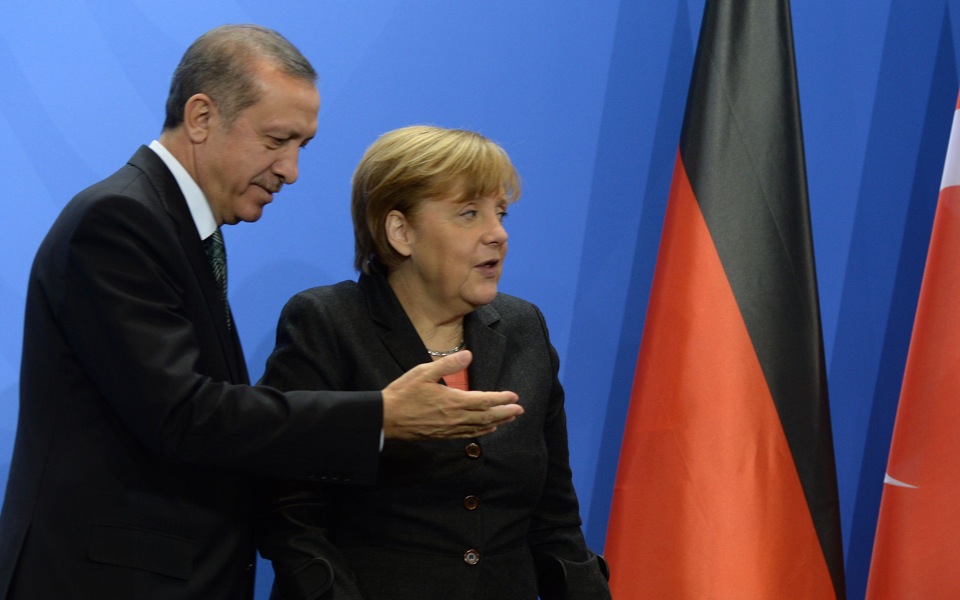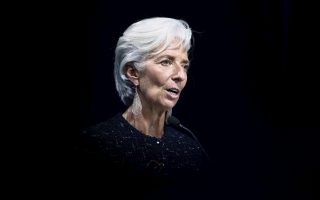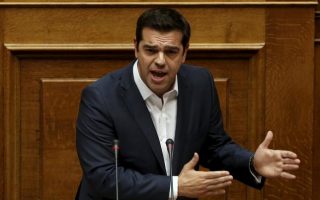Turkey and the EU

The chaos resulting from military action by certain allied powers in the Middle East and the mass exodus of refugees toward the West has led to increased social and political tensions in European Union countries on the receiving end. Sure, everyone knows this by now. However, a new element in this saga is the initiative taken by the European Commission, as well as statements by German Chancellor Angela Merkel made to Germany’s Bild newspaper, which seem to be advocating Greek-Turkish patrols in the Aegean Sea. This could have major ramifications for bilateral relations between Greece and Turkey, and, possibly, between Greece and the European Union.
It is estimated that some ambiguities will be clarified at Thursday’s European Council. What is certain, however, is that neither the Commission, Berlin or the EU as a whole, will succeed where the United States failed – to spearhead a collaboration for common action by Greek and Turkish forces in the Aegean at a time when Ankara continues to challenge Greece’s sovereign rights.
The only possible outcome on a practical and operational level would be a coordinated inclusion of Turkey in the exclusively European ranks of Frontex. Such a move would introduce Turkey to the European Union’s security system – an outcome which very few European leaders would consider a development in the right direction. Under pressure from the refugee and migrant crisis, these appear to be unfortunate attempts to promote certain ad hoc arrangements with Turkey.
Nevertheless, Merkel’s visit to Ankara on Sunday comes with its own political significance. The German chancellor, similarly to former French president Nicolas Sarkozy, for reasons relating to inner EU balances, had not shown much enthusiasm regarding Turkey’s incorporation into European affairs, which one way or another had been undermined by Recep Tayyip Erdogan’s government and its stance toward Cyprus.
Besides this, the discomfort of all Western countries with respect to the autocratic methods used by the Turkish president against all of his political rivals led the country to become isolated from its traditional allies. However, the Middle East crisis and the need to confront Islamic State (ISIS) has given Turkey renewed strategic weight.
Merkel’s presence in Ankara, in the middle of a pre-election campaign, gives Erdogan the opportunity to erase – or at least he hopes – the complaints of the Kemalist opposition with regard to the country being cut off from its Western partners. Clearly the Turkish president will build on the chancellor’s presence in view of renewing his country’s ties with the EU. His pursuit is valid but should not be carried out against Greek interests.



